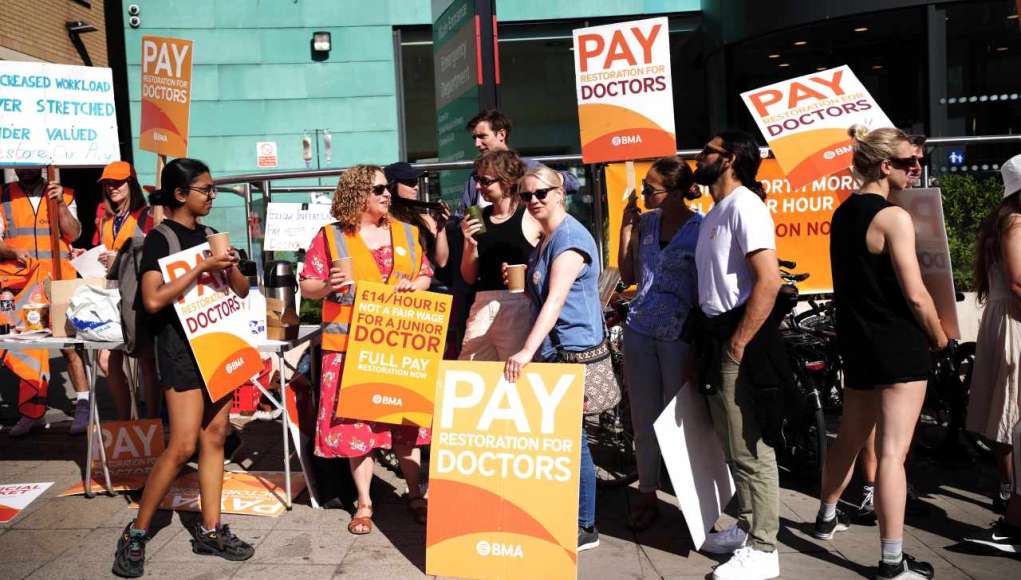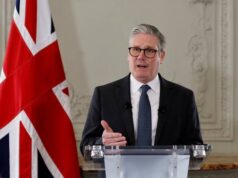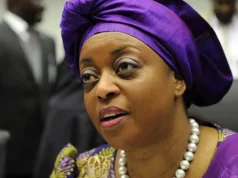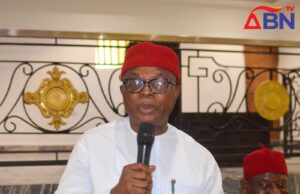Junior doctors in England will strike for nine days over Christmas and New Year in an ongoing row over pay.
The British Medical Association (BMA) said the government had failed to make a credible offer to end the long-running wage dispute.
The BMA’s junior doctors committee unanimously voted for further walkouts in December and January, in what will be the longest strike in NHS history.
These will run from 7am on December 20 to the same time on December 23, and again from 7am on January 3 to 7am on January 9.
They coincide with one the busiest times of year for the NHS, and hospitals will be forced to run a “Christmas day” level of service.
Co-chairs Dr Robert Laurenson and Dr Vivek Trivedi said: “We have been clear from the outset of these talks that we needed to move at pace and if we did not have a credible offer, we would be forced to call strikes.
“After five weeks of intense talks, the government was unable to present a credible offer on pay by the deadline.
“Instead, we were offered an additional three per cent, unevenly spread across doctors’ grades, which would still amount to pay cuts for many doctors this year.
“It is clear the Government is still not prepared to address the real-terms pay cut doctors have experienced since 2008.
“Without enough progress by the deadline, we have no choice but to take action that demonstrates doctors are as determined as ever in reversing their pay cuts.”
They added that they are “ready and willing” to speak to officials again to “avoid the need for these strikes”.
“If a credible offer can be presented the day before, or even during any action, these strikes can be cancelled,” they said.
The decision comes after BMA consultants struck a potentially strike-ending pay deal last month that would boost their starting salaries to nearly £100,000 a year.
The deal will see an extra 4.95 per cent put in consultants’ pay pot, on top of the 6 per cent annual rise they were already given this financial year.
The Government attempted to secure a deal with junior doctors — who previously suggested a pay rise of up to 35 per cent may be needed — at the same time, but now the group have voted to go on strike again.
More than 1.1million NHS appointments have been rescheduled since the start of strike action in December last year.
Sir Julian Hartley, of NHS Providers, said: “This is the outcome that trust leaders were dreading. This will be the longest strike in NHS history during the busiest and toughest time of the year for the NHS.
“These strikes will undermine efforts to cut waiting lists further, they’ll have a serious knock-on effect on services right across the NHS and they’ll impact the quality of care for patients.
“The planning starts now to minimise the impact of this industrial action and safety will be the overarching priority. But, as we have seen with previous walkouts, patients will once again pay the price through renewed delays and disruption.
“We know this walk out will be especially hard for trusts to manage given lots of staff will have annual leave booked over the festive period.
“Strikes have cost the NHS more than £1.3bn already and more than one million delayed patient appointments. The strikes announced today will only add to the toll.
“It isn’t too late for the government and unions to sort out this dispute and to prevent more strikes. Trust leaders hope the walkouts will be avoided.”
Health and Social Care Secretary Victoria Atkins said: “It is disappointing that despite significant progress the BMA Junior Doctors Committee have walked away from negotiations and declared new strikes.
“These will result in more disruption for patients and extra pressure on NHS services and staff as we enter a busy winter period, risking patient safety.
“I have been clear that I respect the work of doctors in training and want to work with them to settle this dispute.
“We have agreed a fair and reasonable offer with the BMA’s Consultants Committee which is being put to members for vote following constructive talks.
“If the Junior Doctors Committee call off their strikes, we will immediately look to come back to the table to continue negotiations.”










